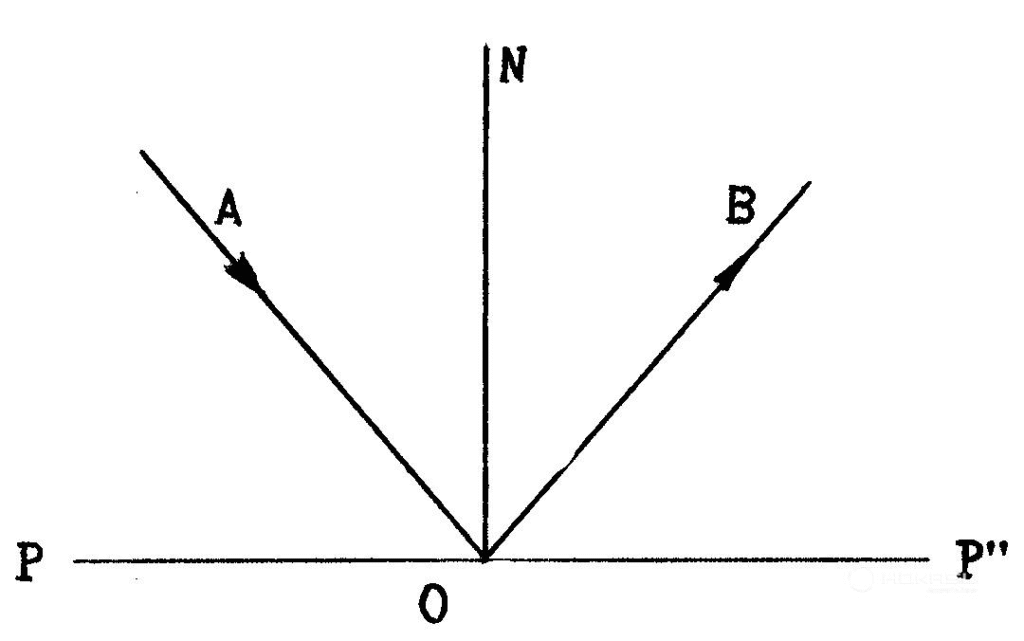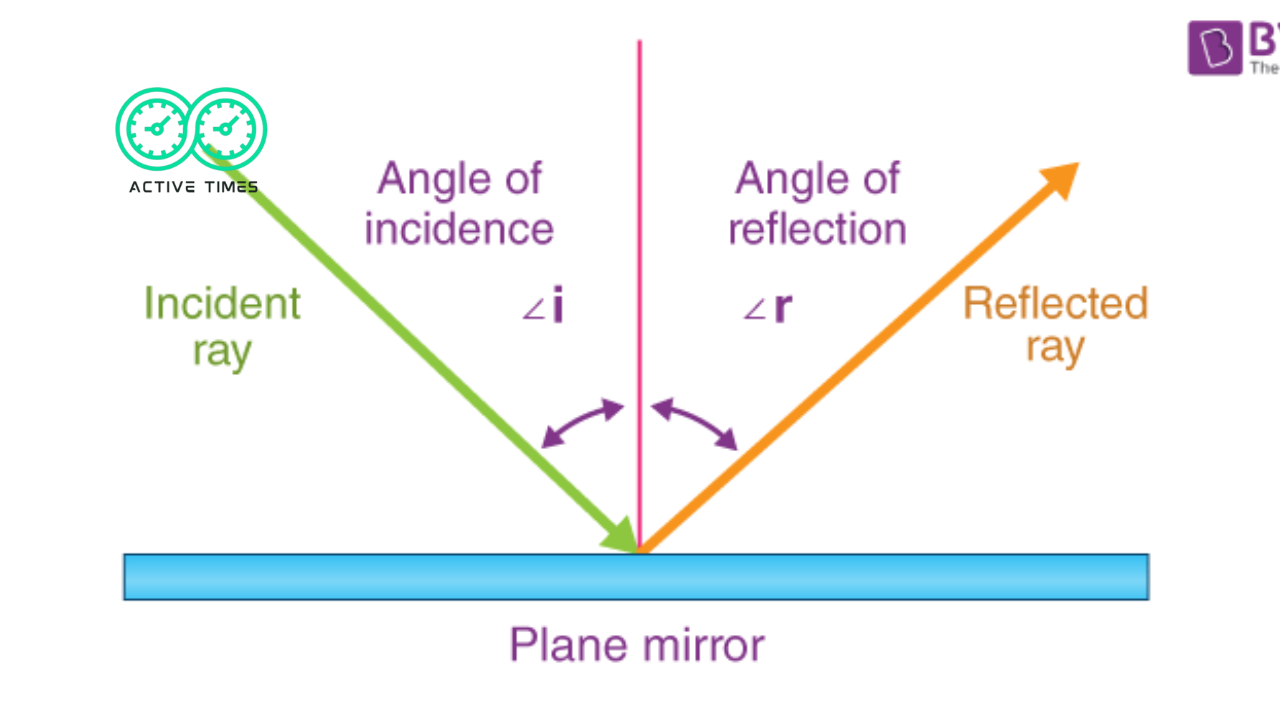Laws are all around us—from the signs we follow on the road to the rules we hear at school or work. But have you ever stopped and really thought about what laws mean? This article offers a deep reflection about law, written in a simple way so both kids and adults can understand. Whether you’re 10 or 60, this guide will help you think about the role of law in everyday life and why it’s so important.
What Does “Reflection About Law” Really Mean?
When we talk about a “reflection about law,” we mean taking time to think deeply about the purpose, meaning, and impact of laws. It’s like asking big questions: Why do we follow rules? Who makes these rules? Are they always fair?
A reflection doesn’t just explain what laws are—it encourages you to explore how laws shape society, keep us safe, and sometimes even challenge us. It’s about going beyond just memorizing rules and instead thinking critically about how they affect people, especially in the United States, where different types of laws exist at both state and federal levels.
This kind of reflection helps build understanding, empathy, and even a desire to improve the world around us.
Why Do We Need Laws?
Imagine a world with no stop signs, no rules at school, and no one to help when someone steals or hurts someone. It would be chaotic, confusing, and unsafe. That’s why laws exist. They give us structure, order, and fairness.
Laws help protect our rights and make sure everyone gets treated equally. Without laws, people could act unfairly or dangerously, and there’d be no way to fix it. Laws help decide what is right and wrong, and they create systems—like courts and police—that help solve problems when people disagree.
For kids, think of laws like the rules of a game. Without rules, people could cheat, and the game wouldn’t be fun or fair. But with clear rules, everyone knows what to expect, and things run smoothly.
Where Do Laws Come From?
Most laws come from a place of shared values. People in a community, city, or country come together and agree on what’s important: safety, freedom, fairness, and responsibility. Based on these values, laws are written to reflect and protect them.

In the United States, laws are created through a formal process. They usually start as ideas, then are written as bills, and after lots of discussion and votes, they can become official laws.
Who Makes the Rules?
In the U.S., lawmakers like Congress (Senate and House of Representatives) write federal laws. Each state has its own lawmakers too, who create laws that only apply to people in that state.
There are also local governments—like city councils—that make rules for towns or neighborhoods. In schools, teachers and principals set rules. Even families have their own “laws,” like bedtime or chores.
Are All Laws the Same?
No, not all laws are the same. There are different kinds of laws:
- Criminal laws stop people from doing harm, like stealing or hurting others.
- Civil laws help solve disagreements between people, like when neighbors argue about property.
- Traffic laws keep us safe on roads.
- Environmental laws protect nature and our planet.
Each law has a purpose, and understanding the type of law helps us reflect on why it exists and how it works.
Can Laws Change?
Yes! Laws can and do change, especially when society grows or when people speak up. For example, many laws around civil rights, voting, and education have changed in the last 100 years because people reflected on what was fair or unfair.
When people realize that a law is outdated, harmful, or no longer fits with our values, they can work to change it. That’s why reflecting about law is powerful—because it can lead to real improvements.
How Do Laws Help Us Every Day?
Even if you don’t notice it, laws are working all around you every single day. They help make sure:
- You can safely cross the street (thanks to traffic laws).
- You get clean water and safe food (thanks to health laws).
- You can go to school and learn (thanks to education laws).
- People treat each other fairly (thanks to civil rights laws).
Laws help solve conflicts and prevent problems. They also make sure responsibility and consequences are clear. In school, when someone breaks a rule, they might have detention. In society, when someone breaks a law, there might be a fine or even jail time. These systems are in place to protect everyone’s rights and safety.
What Happens When Someone Breaks the Law?
When someone breaks the law, it’s called a crime or offense. What happens next depends on the law and how serious the situation is. For small issues like a speeding ticket, the person might have to pay a fine. For bigger issues like stealing, they might go to court or even jail.
The legal system includes:
- Police officers, who enforce laws and keep people safe.
- Judges, who decide what happens when someone is accused of breaking the law.
- Lawyers, who help people understand their rights.
Even when someone breaks the law, they still have rights. That’s part of what makes the U.S. legal system strong—it tries to be fair to everyone.
Can Kids Think About Laws Too?
Yes, kids can and should reflect about laws! Understanding the rules helps you follow them and even speak up when something doesn’t feel right.

When you think about laws, you start noticing how they affect you, your family, and your friends. You might also spot unfair rules or situations that need to change.
What If a Rule Feels Unfair?
Sometimes, rules and laws feel wrong. Maybe they leave someone out or don’t treat everyone equally. It’s okay to question unfair rules. In fact, that’s how change happens.
You can talk to a trusted adult, ask questions at school, or even write a letter to your local government. Many big changes in history started because young people spoke up about fairness, justice, and equality.
How Can Kids Help with Laws?
Here are a few ways kids can get involved:
- Learn about your rights—in school, at home, and in your community.
- Join a student council or local group that talks about community rules.
- Talk to adults about how laws are made and why they matter.
- Write letters to local leaders about issues that matter to you.
Even if you can’t vote yet, your voice still counts. Thinking and talking about laws is the first step to becoming a responsible citizen.
What Can We Learn From Reflecting About Law?
We can learn a lot! Reflecting helps us understand:
- Why laws exist
- How they affect our lives
- What we can do when a law is unfair
- How to make our community better
It builds critical thinking, empathy, and responsibility. It also shows us how connected we are—how one law can affect many people.
Thoughts: Why Thinking About Law Matters
Thinking about law matters because it helps us see the world more clearly. Laws aren’t just rules—they’re tools for fairness, protection, and justice. When we reflect on law, we understand our rights and duties, learn how to respect others, and even discover how to help make society better.
Kids and grown-ups alike can benefit from this kind of thinking. It’s not just about knowing the law—it’s about caring enough to make it fair for everyone.
The Bottom Line
A reflection about law isn’t just a school assignment or something lawyers do—it’s something we all can and should do. Whether you’re a 10-year-old asking “Why is that rule there?” or a grown-up wondering about fairness in society, taking time to reflect helps build a more just world.
Laws keep us safe, guide our behavior, and make our communities better. But more than anything, they reflect who we are and what we value.
So, the next time you see a rule or hear about a law, take a moment to think: “Why is this here? Is it fair? How does it help us?” That simple act of reflection is the first step toward a better future—for kids, adults, and everyone in between.
